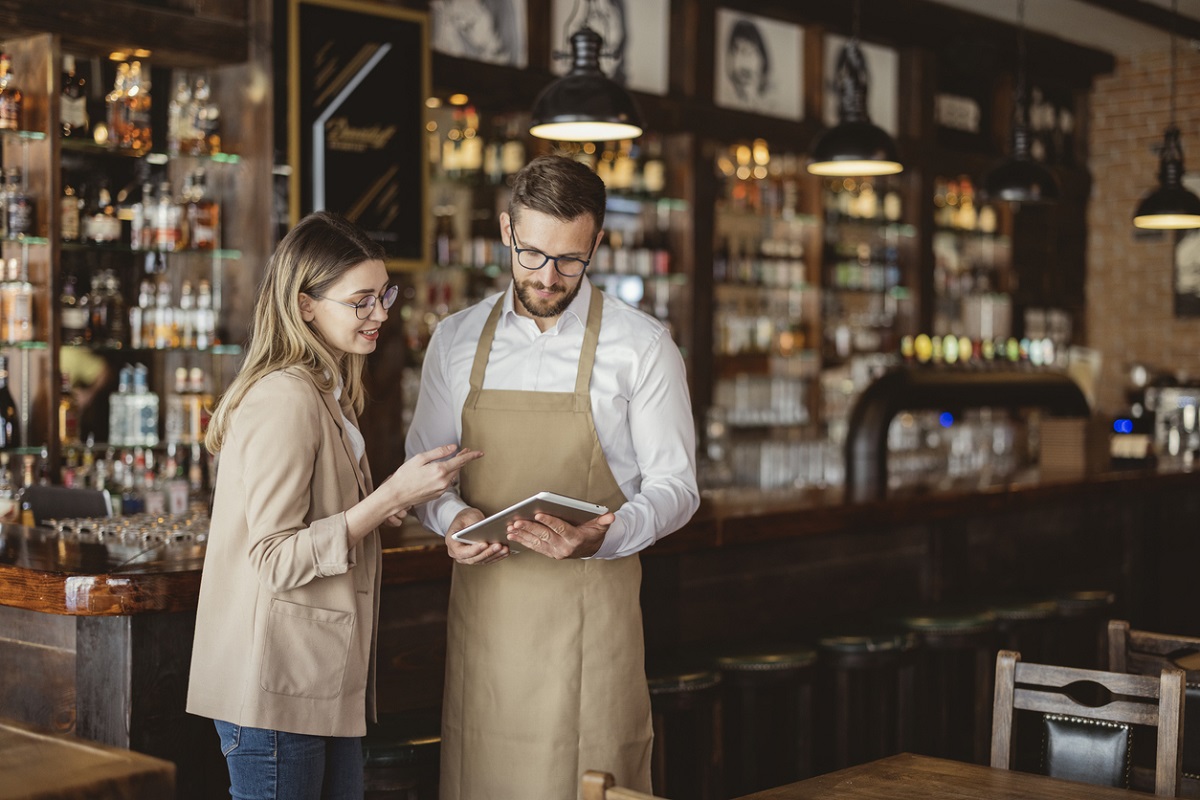By Professor Jane Burns
In September Professor Jane Burns, Jane Burns Consulting and Andrew Lewis, CEO, Allara Global presented a roundtable at the Hospitality Real Estate Summit in Sydney. Andrew invited Professor Jane Burns to capture her reflections on the day’s most compelling insights.

Hospitality has always been about more than service. At its core, it’s about creating places where people connect, celebrate, and feel like they belong. Yet today the sector faces mounting pressures: labour shortages, shifting customer expectations, and rising costs.
So how do we unlock resilience and growth? The answer lies in a triple investment – people, property, and planet. Not just because it’s the right thing to do, but because the return on investment (ROI) is undeniable.
Hospitality is people-powered. Staff wellbeing directly affects customer experience, efficiency, and revenue. Evidence shows that investments in healthy workplaces—better air, lighting, design, and wellbeing programs—deliver strong productivity returns.
People: Mental Health as Smart Business
Your people are your greatest asset. In hospitality, they’re also your brand. But high turnover, burnout, and stress have long plagued the sector. Mental health isn’t just a “wellbeing issue”; it’s a productivity issue.
Evidence from the International Well Building Institute’s Special Report shows that workplace wellbeing programs deliver a $3.27 return for every $1 invested, through reduced absenteeism and healthcare costs. In real terms, that means fewer sick days, lower staff churn, and a team that shows up engaged.
Think about it: every time a skilled bartender or chef leaves, it costs weeks of recruitment, training, and lost service quality. By investing in psychological safety, flexible rostering, and access to support, you keep your best people and improve the customer experience.
To explore this further, Andrew Lewis’ recent article in Club Management breaks down the data, detailing the impressive financial returns that prove why training is such a crucial investment.
Property: The Built Environment Drives Performance
Hospitality venues aren’t just places to eat, drink or sleep – they’re workplaces, communities, and cultural hubs. The design of these spaces directly affects both staff and guest experience.
The International WELL Building Institute’s special report shows healthy building investments – things like air quality, natural light, noise control, and biophilic design (plants, greenery, natural views): boosts productivity by 6-15%, worth $36,471 per employee per year; for a 200-staff hotel or venue, that’s $7.2 million annual revenue uplift
For hospitality, this isn’t abstract. Picture a staff break room with daylight and greenery: employees recharge faster and return to the floor energised. Views to outdoors: improve worker performance by 6–12% and memory recall by 8–16%. Imagine a dining space where acoustics are designed for conversation: guests linger longer, order another bottle of wine, and recommend the venue. The built environment is no longer a cost centre – it’s a profit driver.
Planet: Sustainability is ROI, Not Overhead
Consumers increasingly choose venues that reflect their values. Energy-efficient buildings, low-waste kitchens, and carbon-conscious operations are no longer “nice to haves” – they are business essentials.
Green buildings consistently command higher rents and longer leases. In hospitality, sustainability also reduces operating costs, strengthens reputation, and attracts purpose-driven employees who want to make a difference. In other words, it’s good for business, good for people, and good for the planet.
Reimagining Hospitality Spaces
Hospitality workers in healthy environments show higher energy, focus, and morale, directly improving service quality and customer satisfaction. The future of hospitality is about reimagining venues as spaces of connection and care. Spaces that look after the people who work in them, the guests who enjoy them, and the planet that sustains them.
Investing in people, property, and planet isn’t a soft option. It’s a hard-edged business strategy that delivers measurable ROI: lower turnover, higher productivity, increased property value, and stronger brand loyalty.
Hospitality has always been about connection. Now, it has the chance to become something even bigger: a people and productivity public health powerhouse – an industry where staff thrive, guests feel they belong, and businesses prosper.
If you’re in the hospitality sector, how is your venue investing in people, property, and planet? And where do you see the greatest opportunity for ROI?
For more information about Allara Global’s wide range of training courses, head to the Allara Global website.

